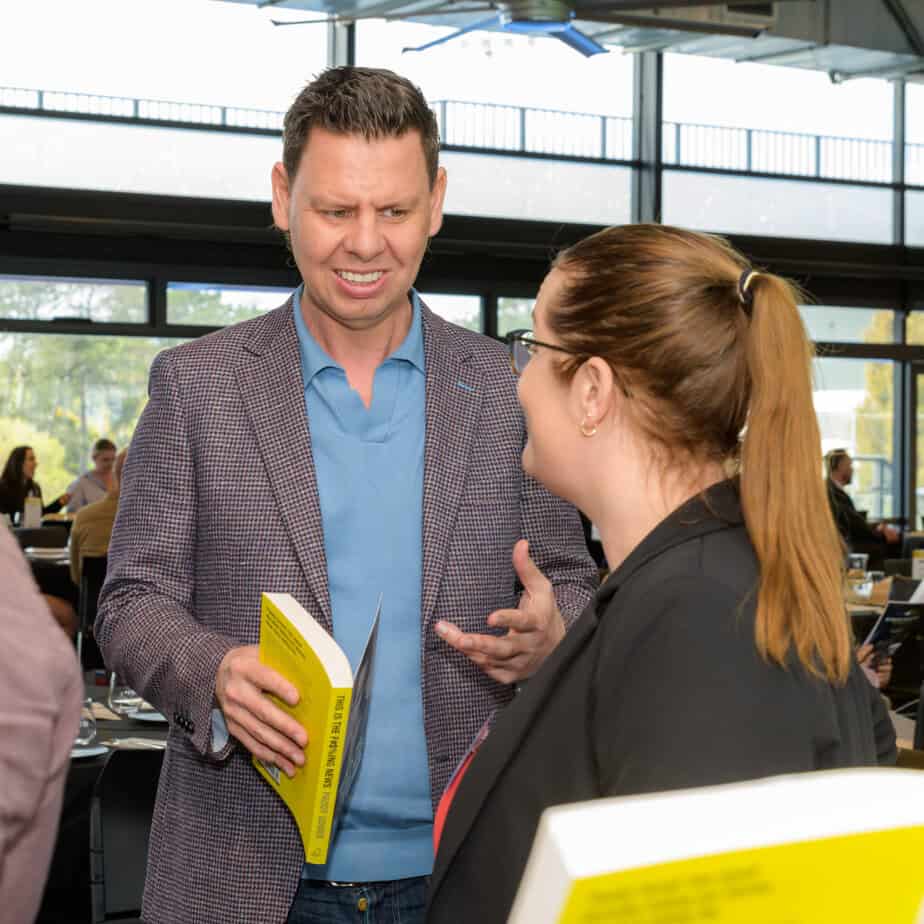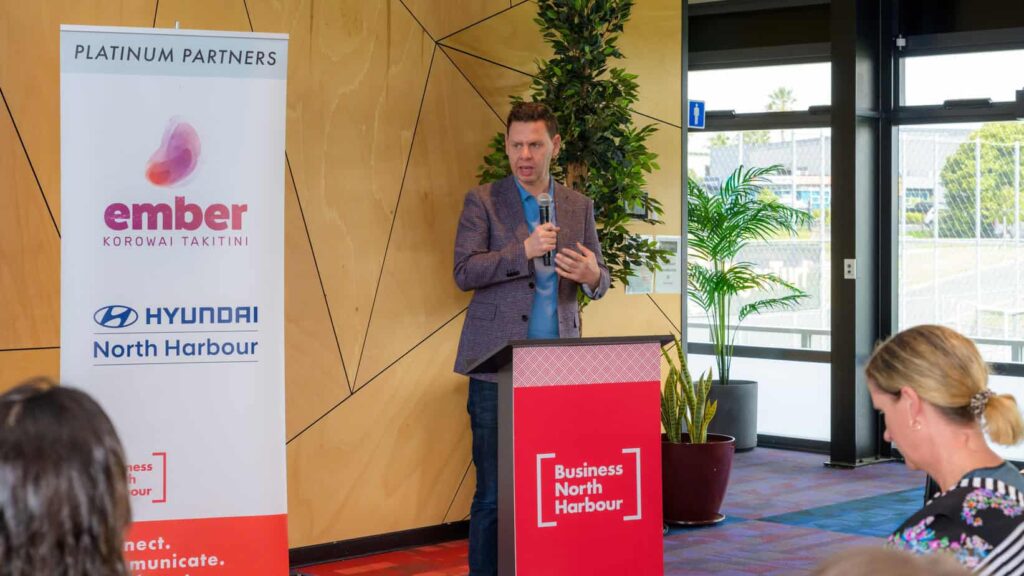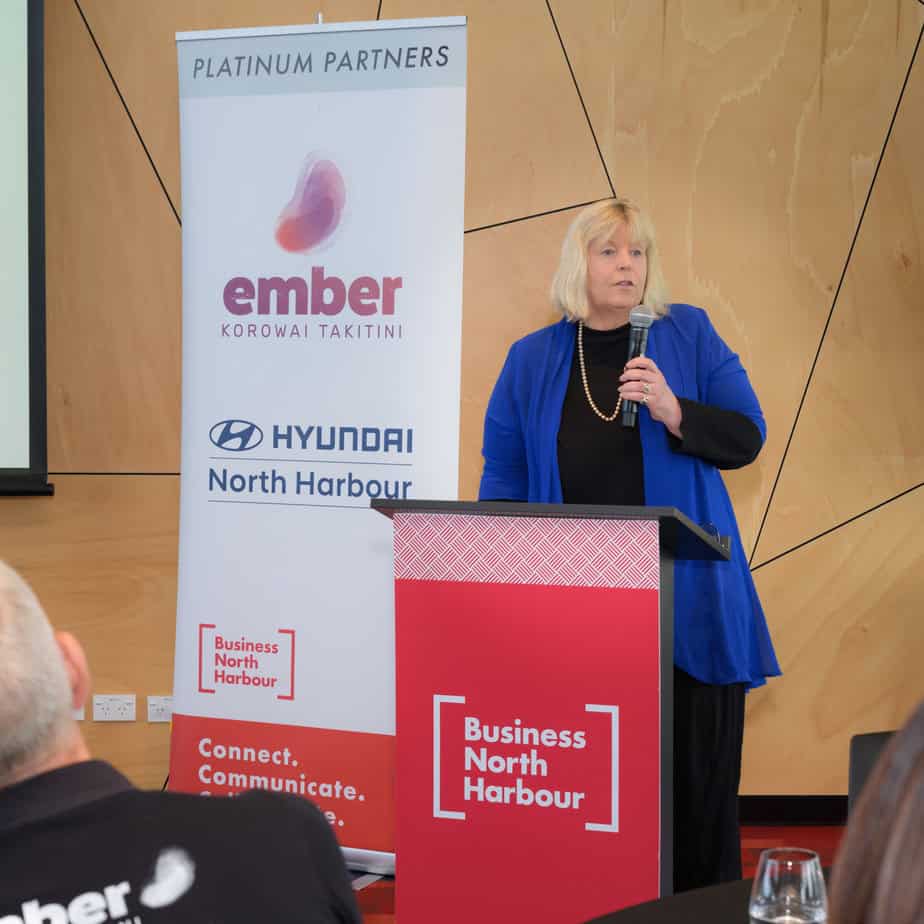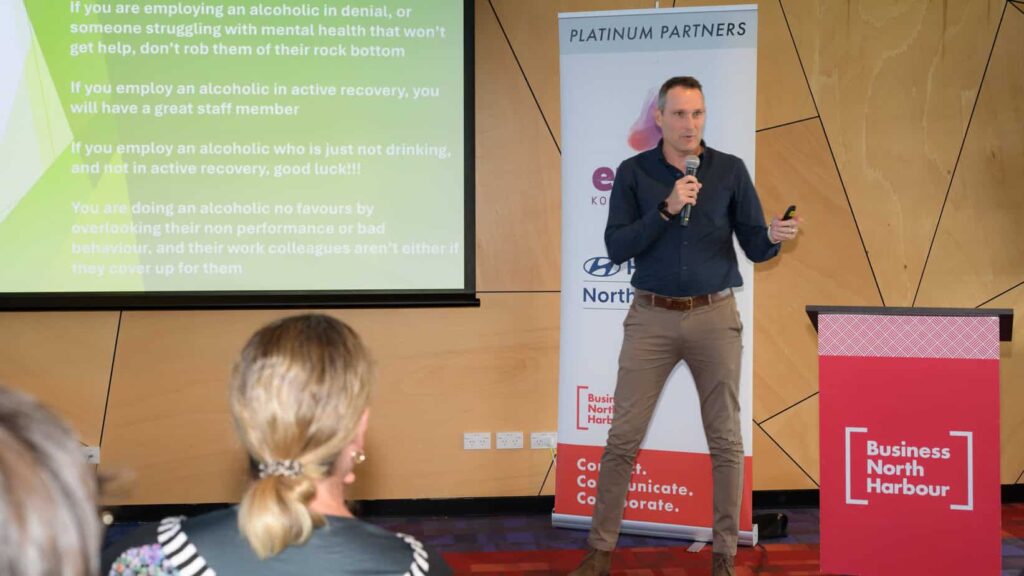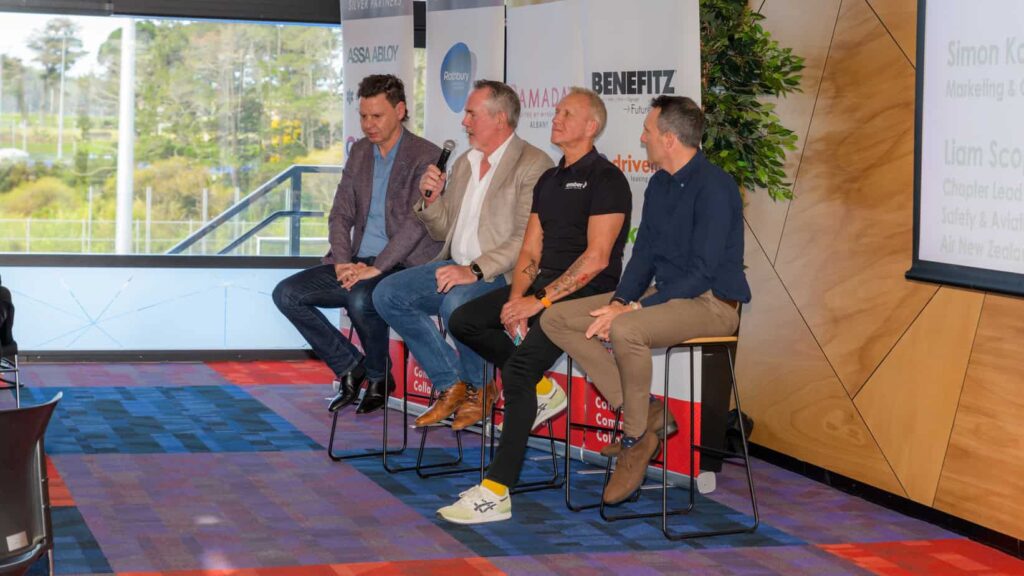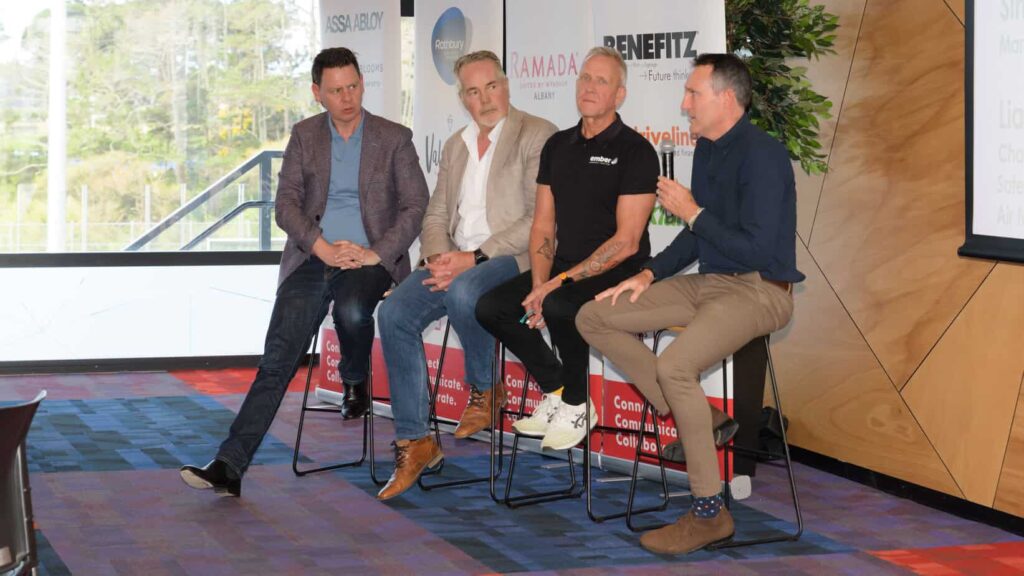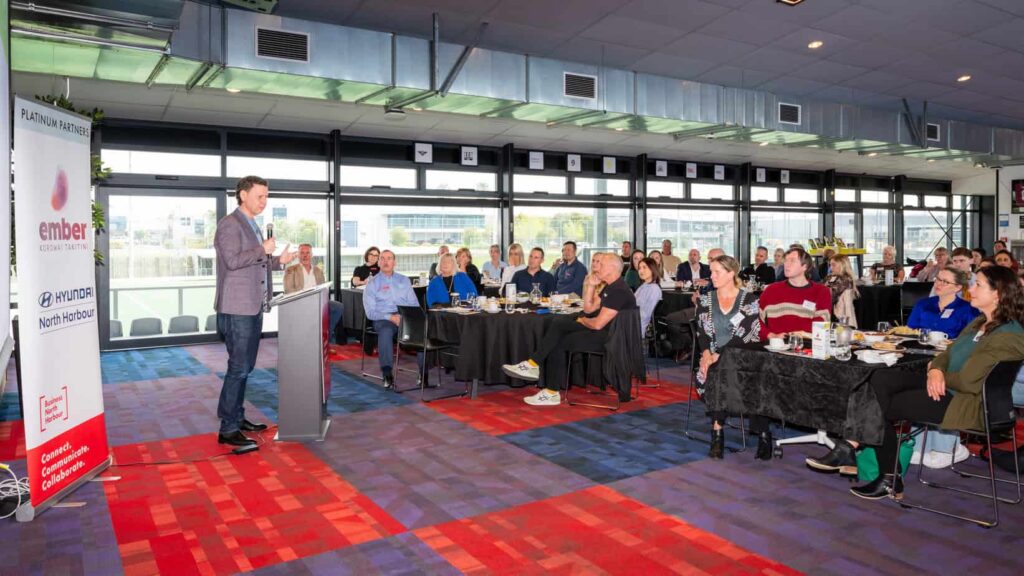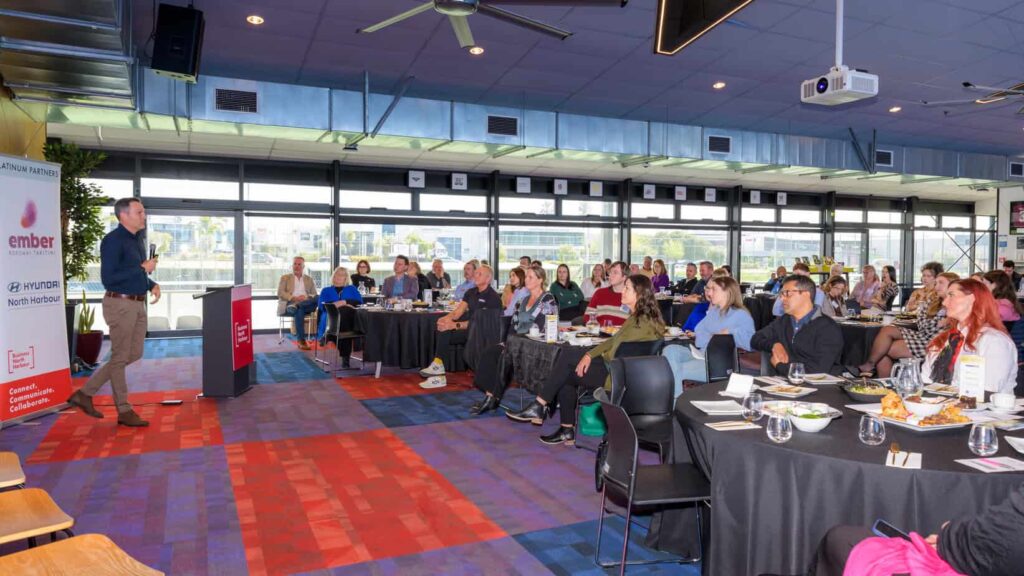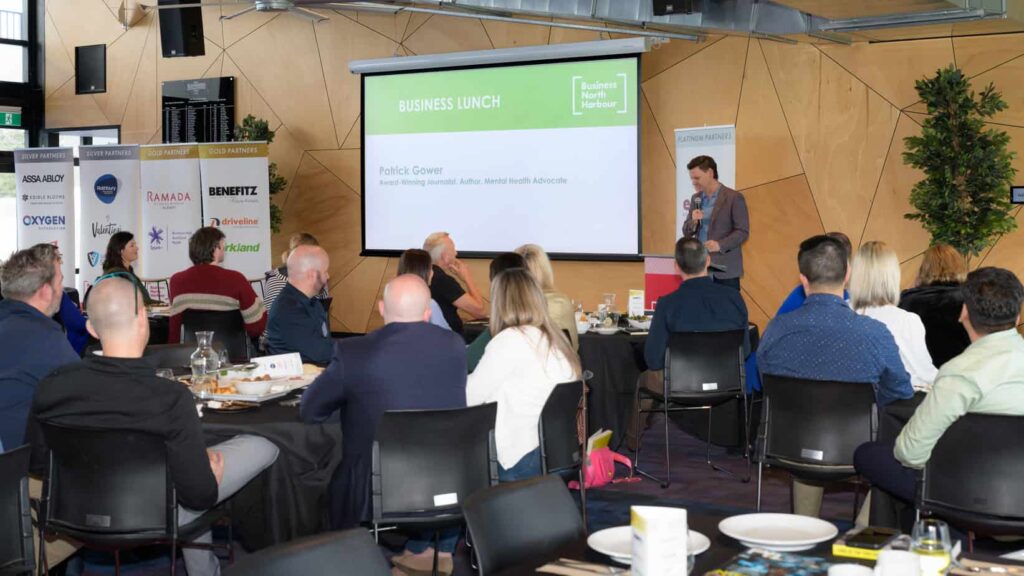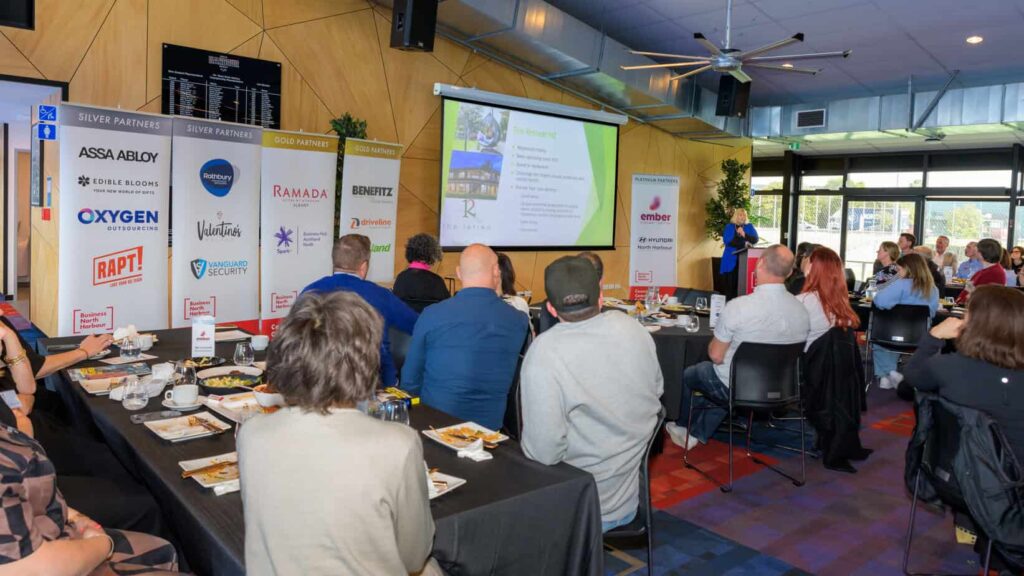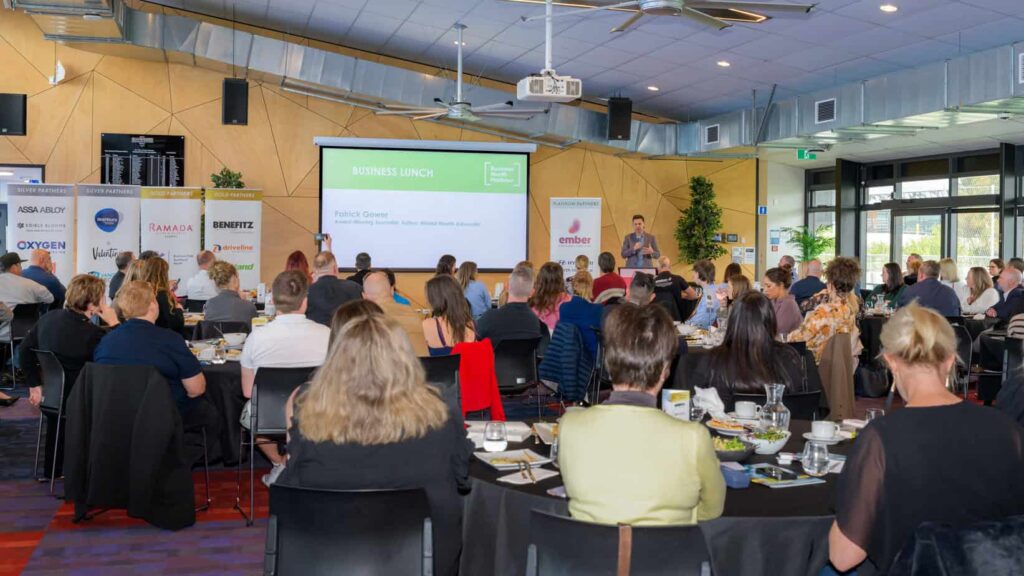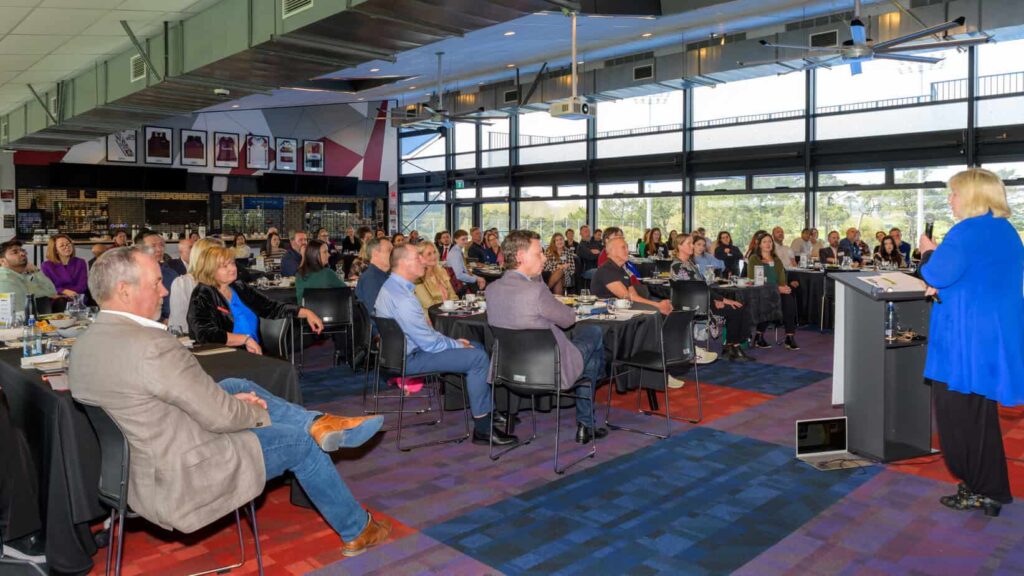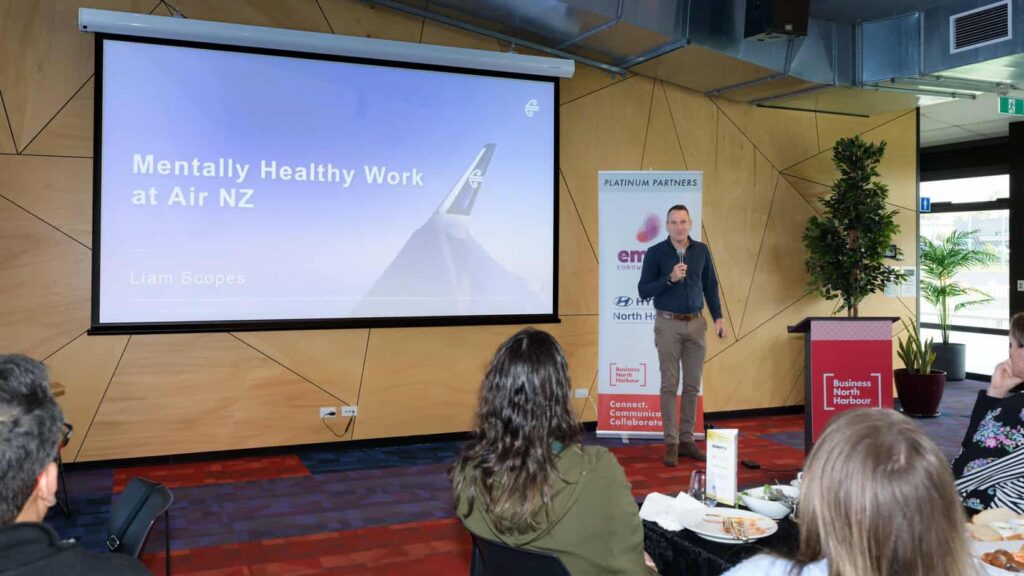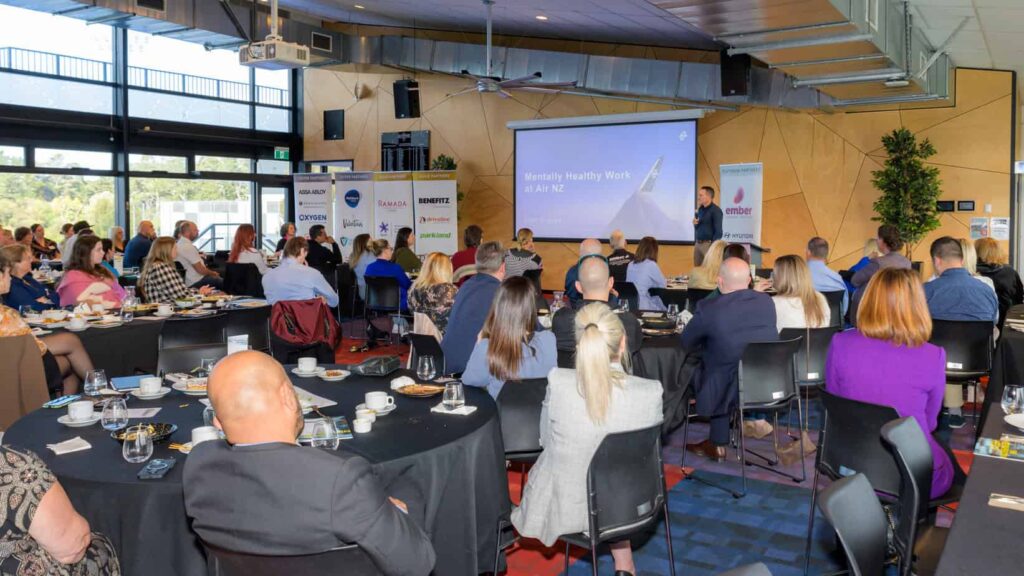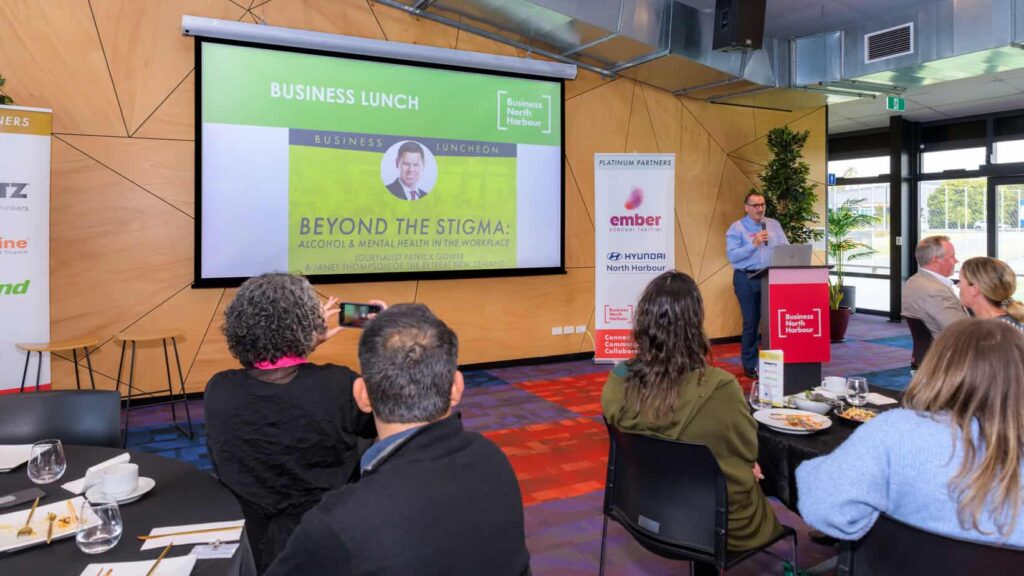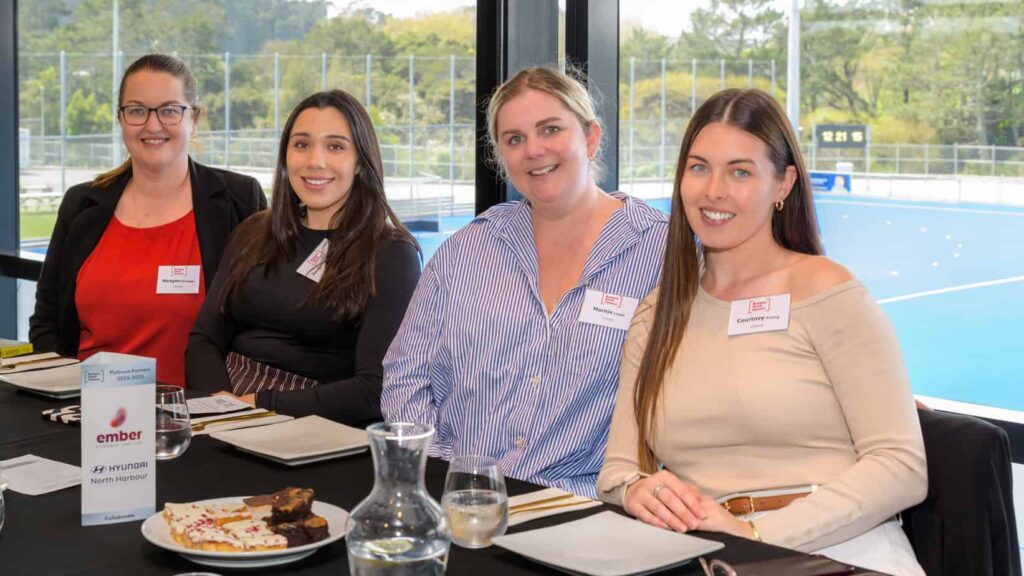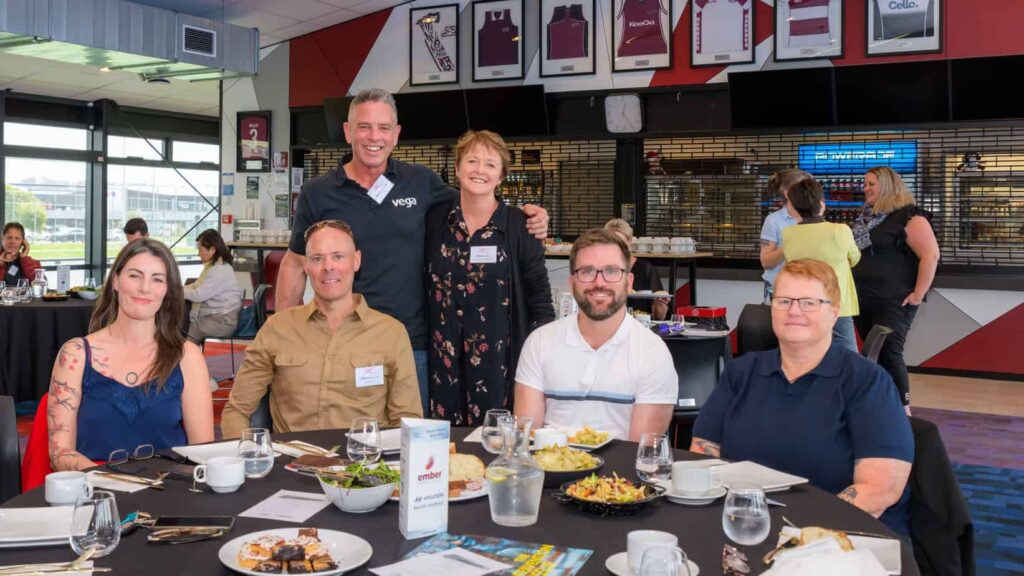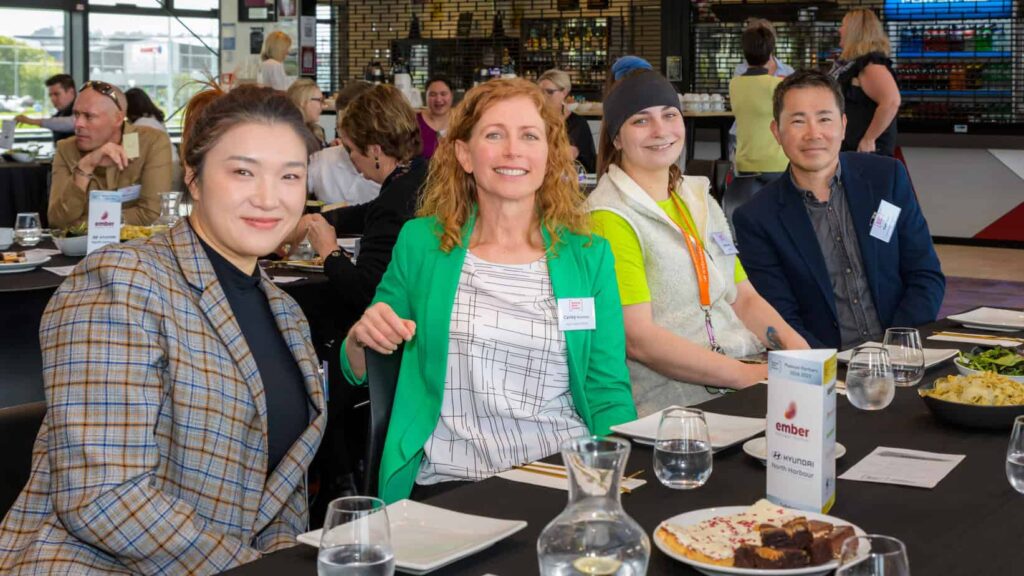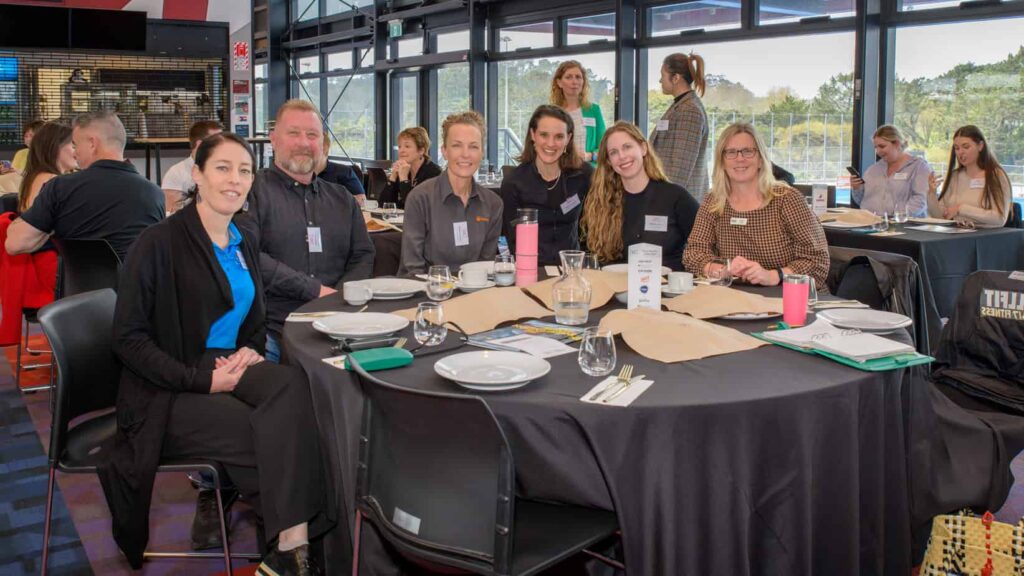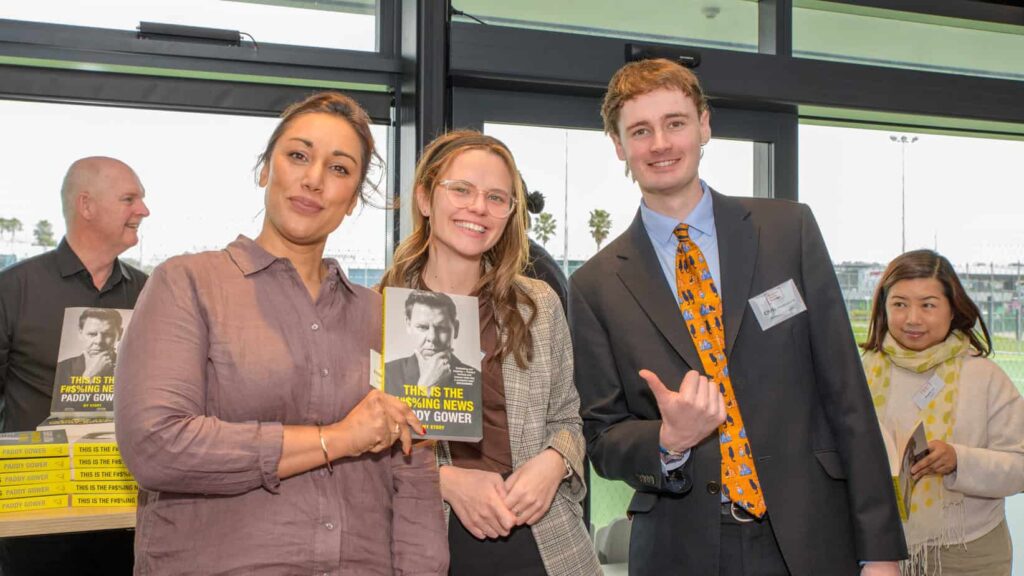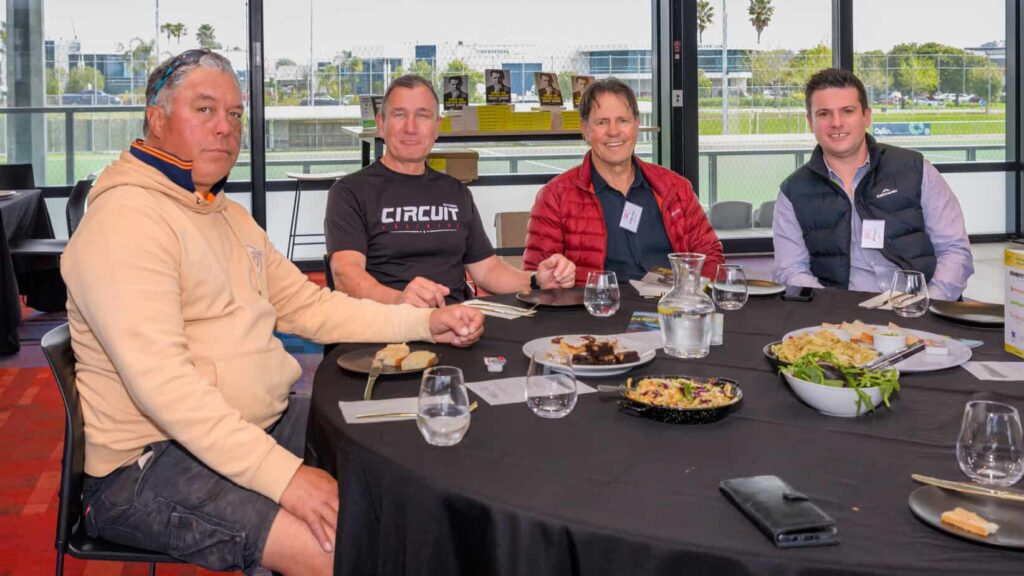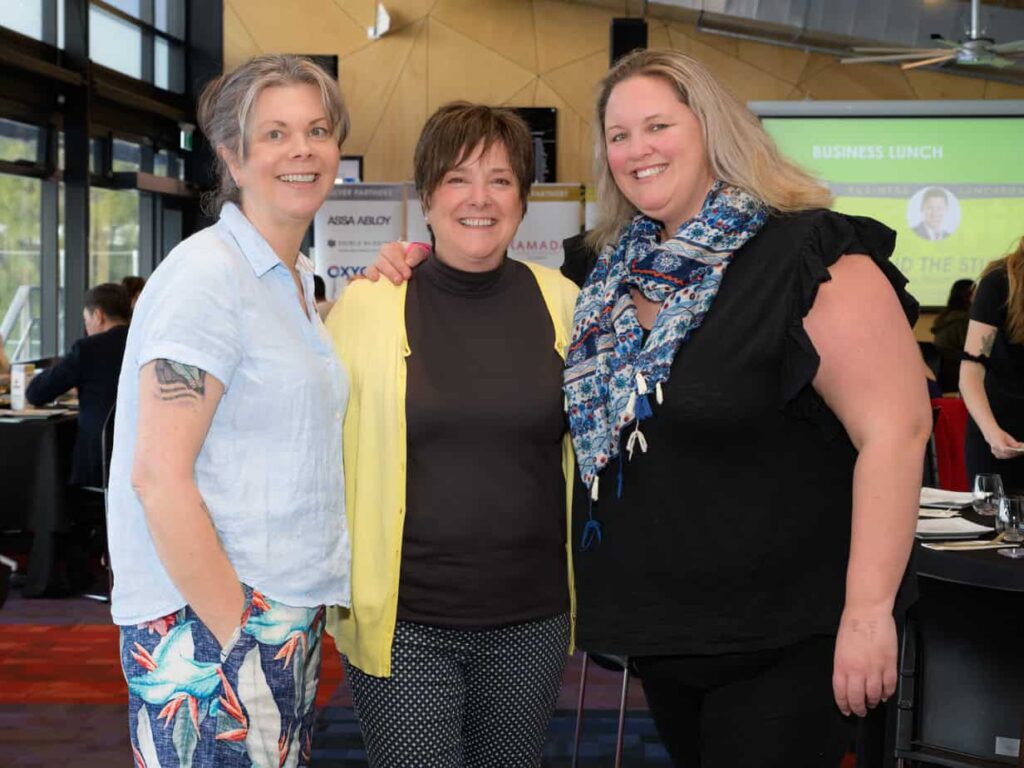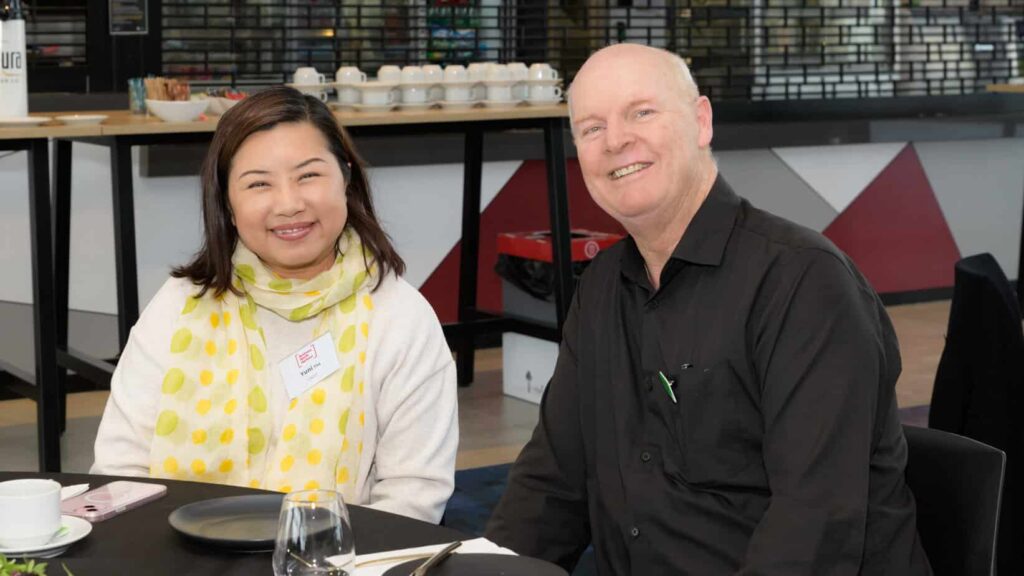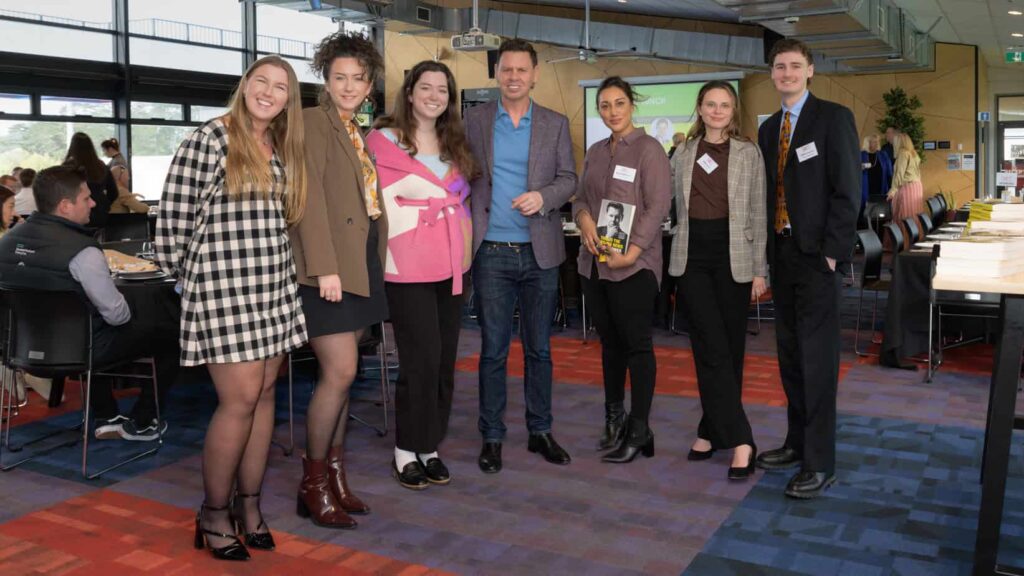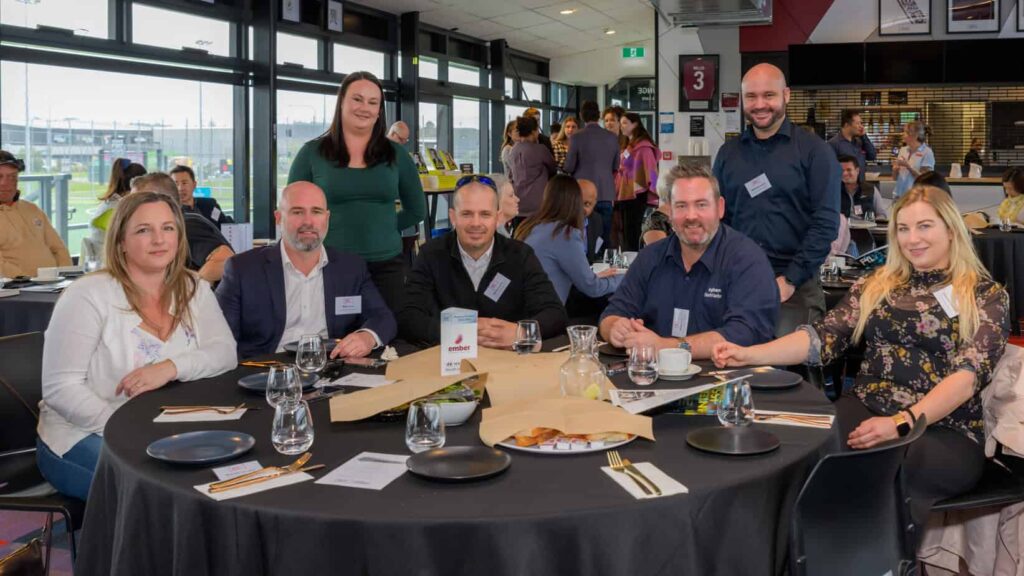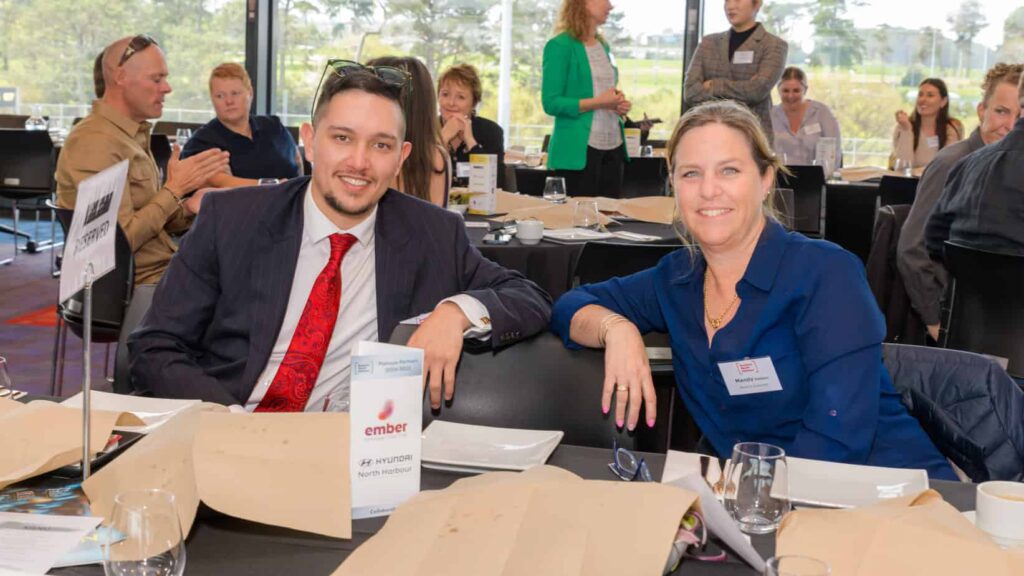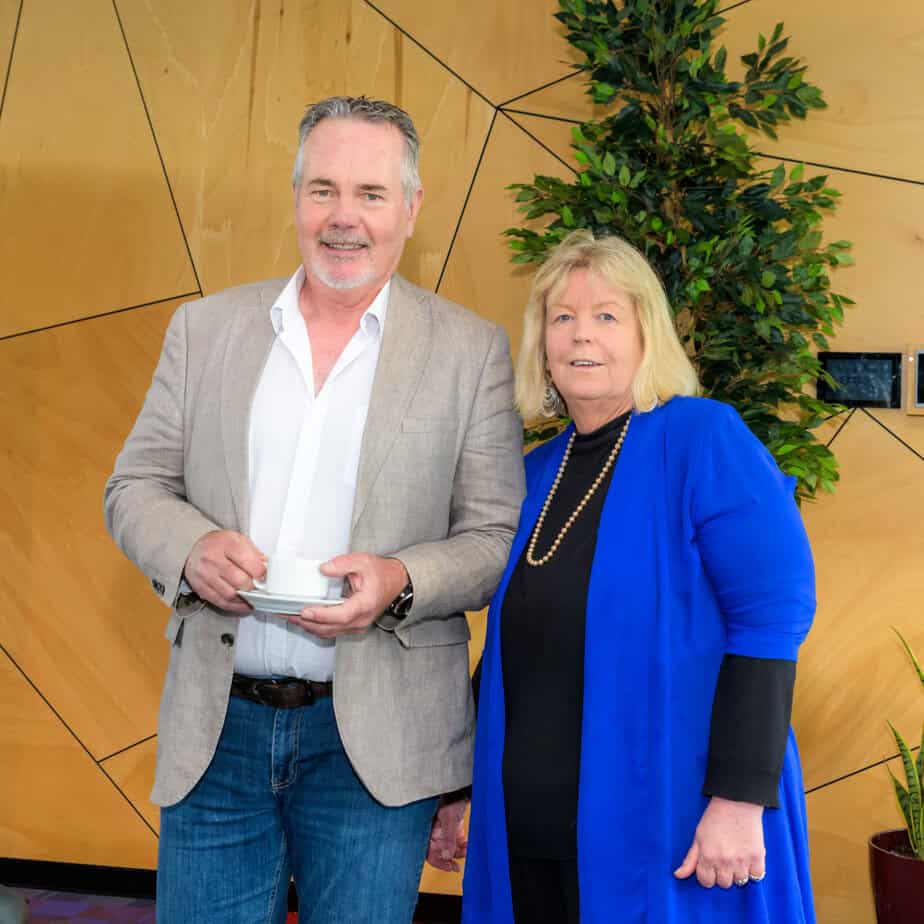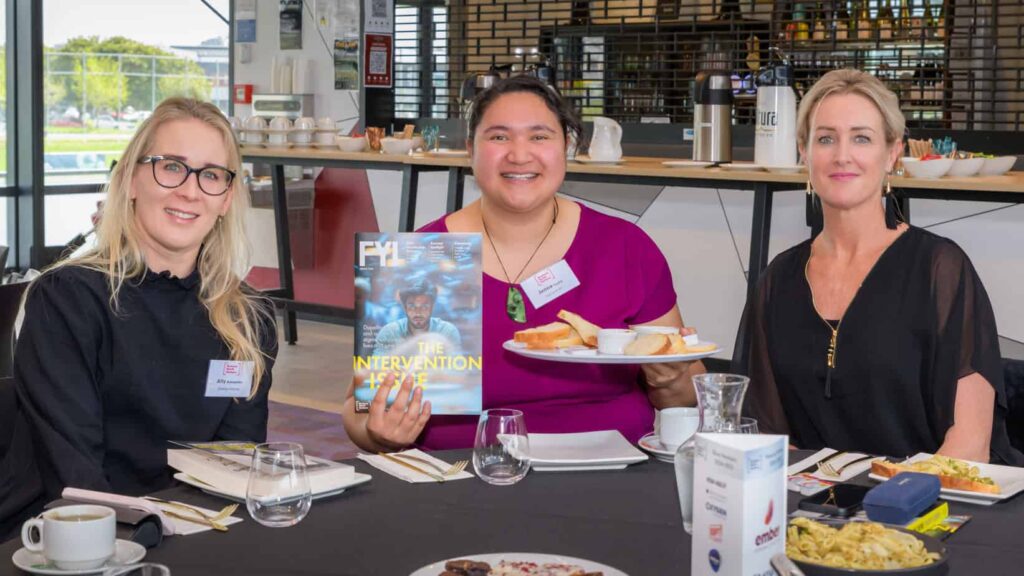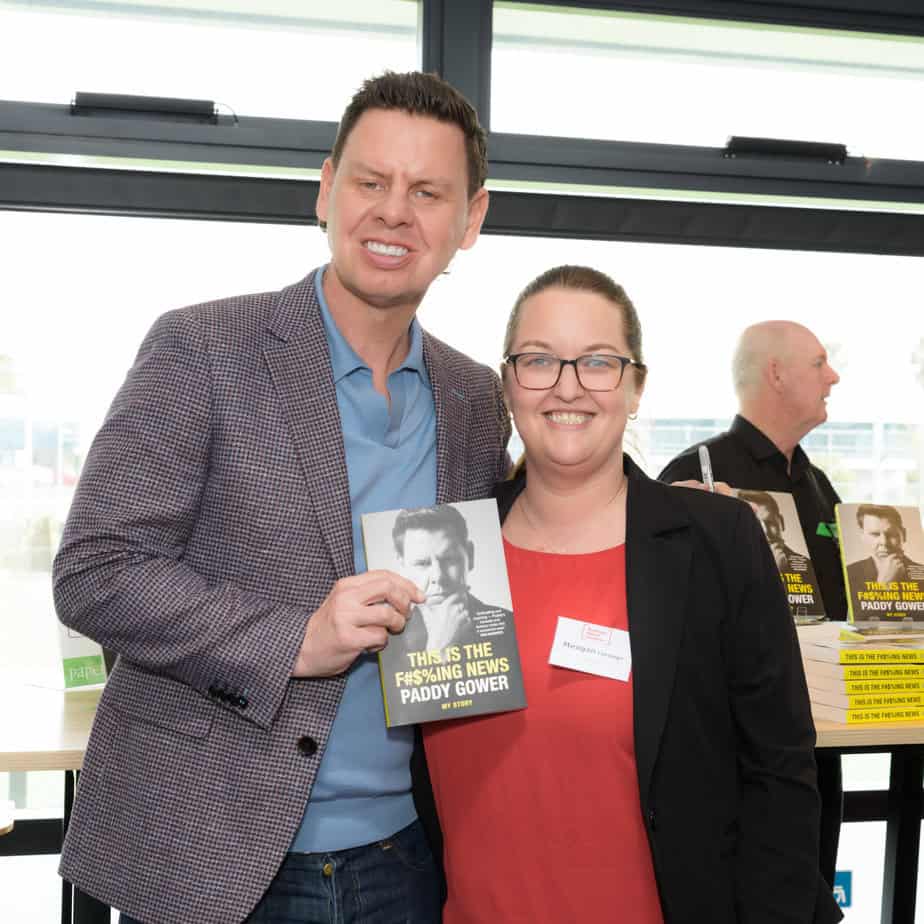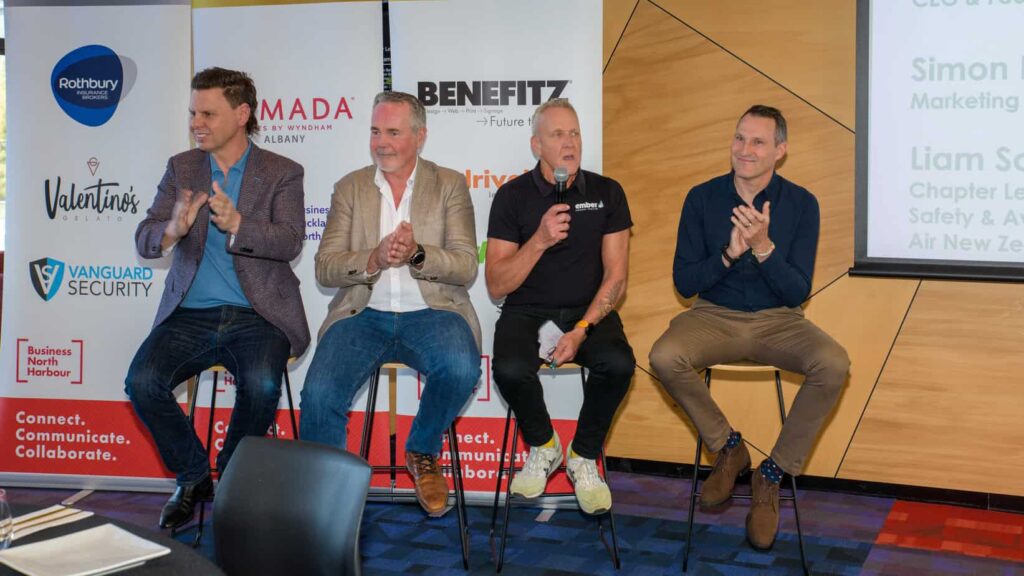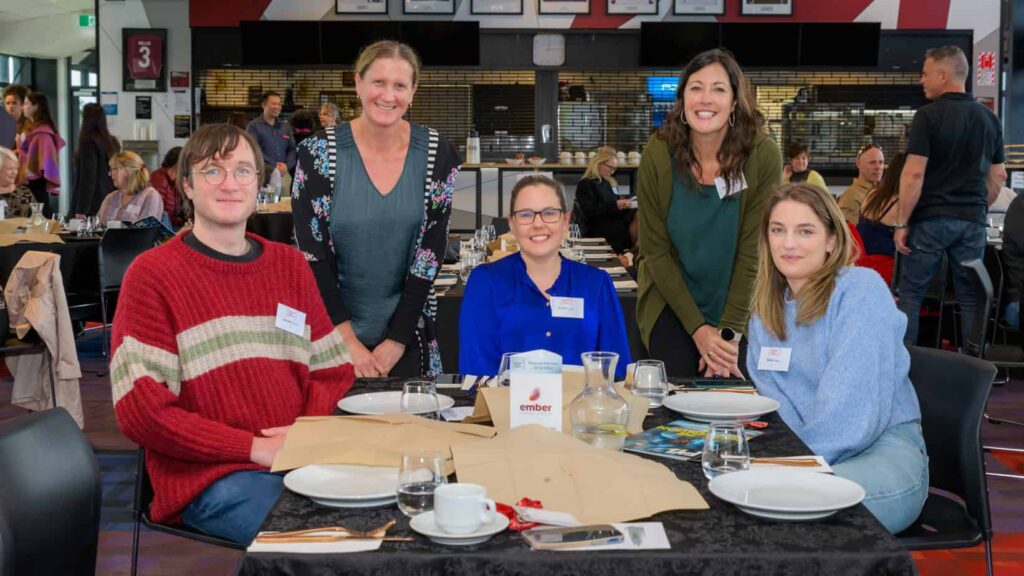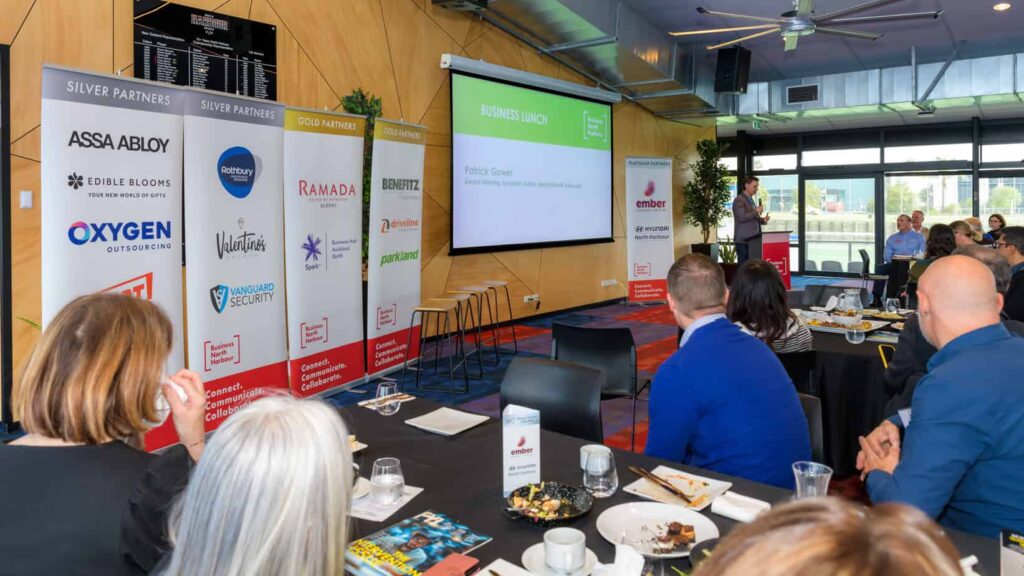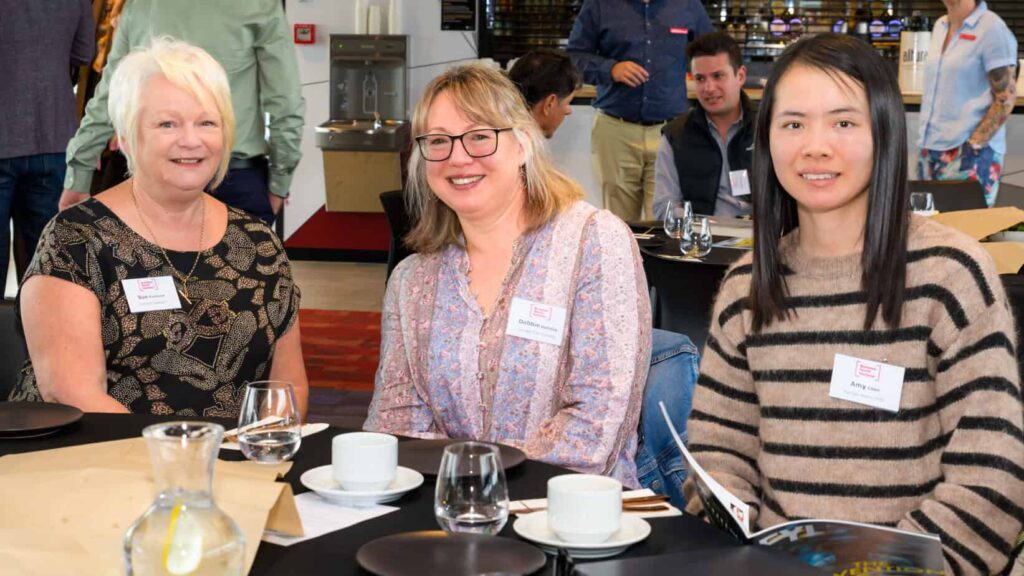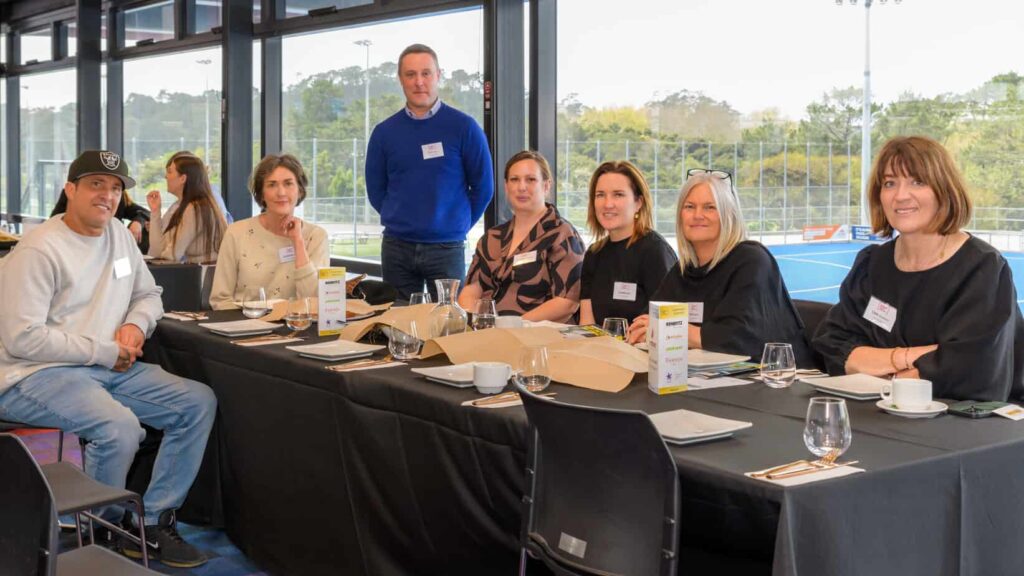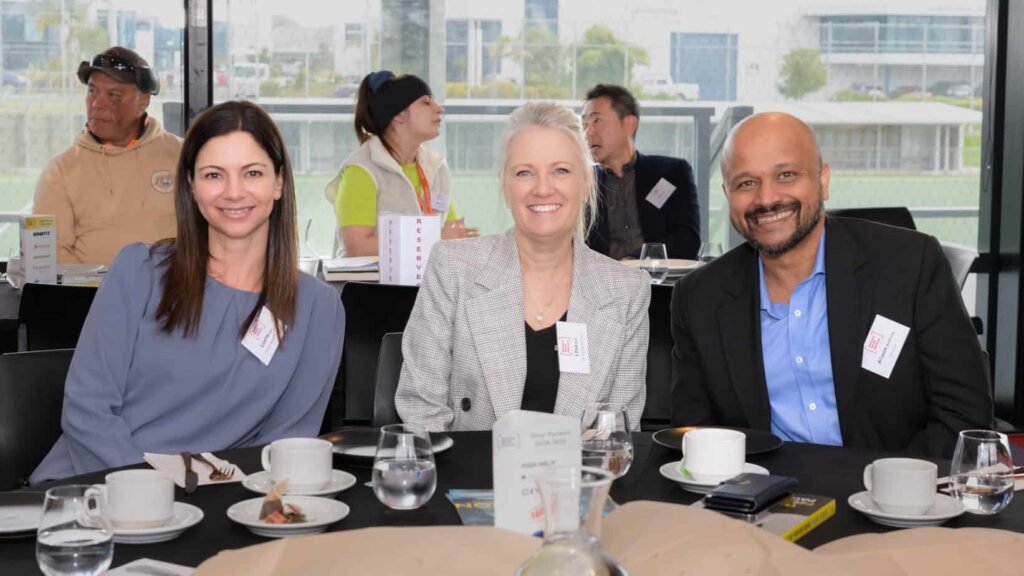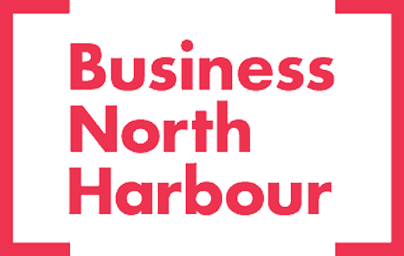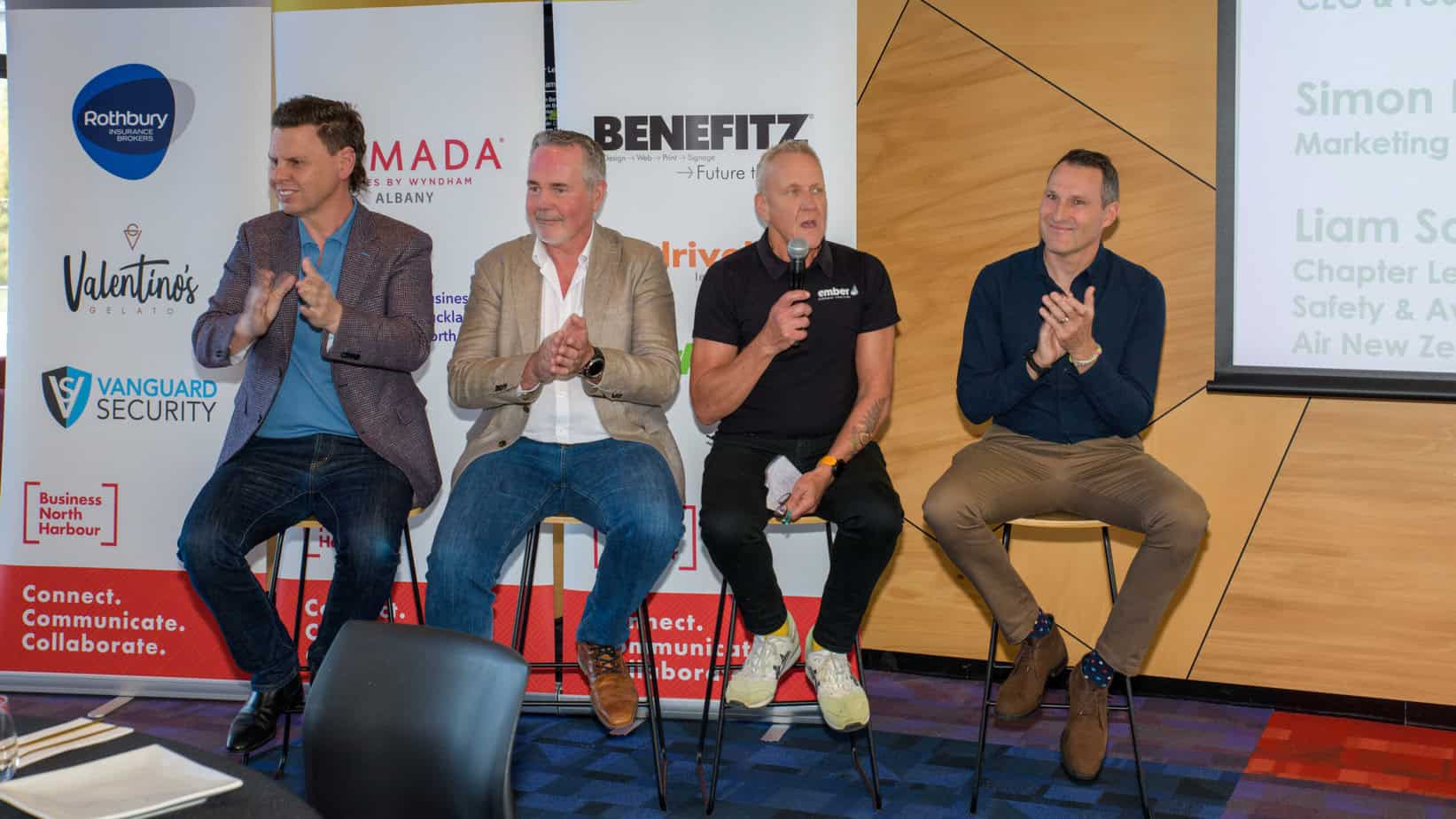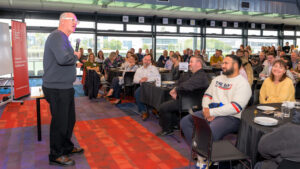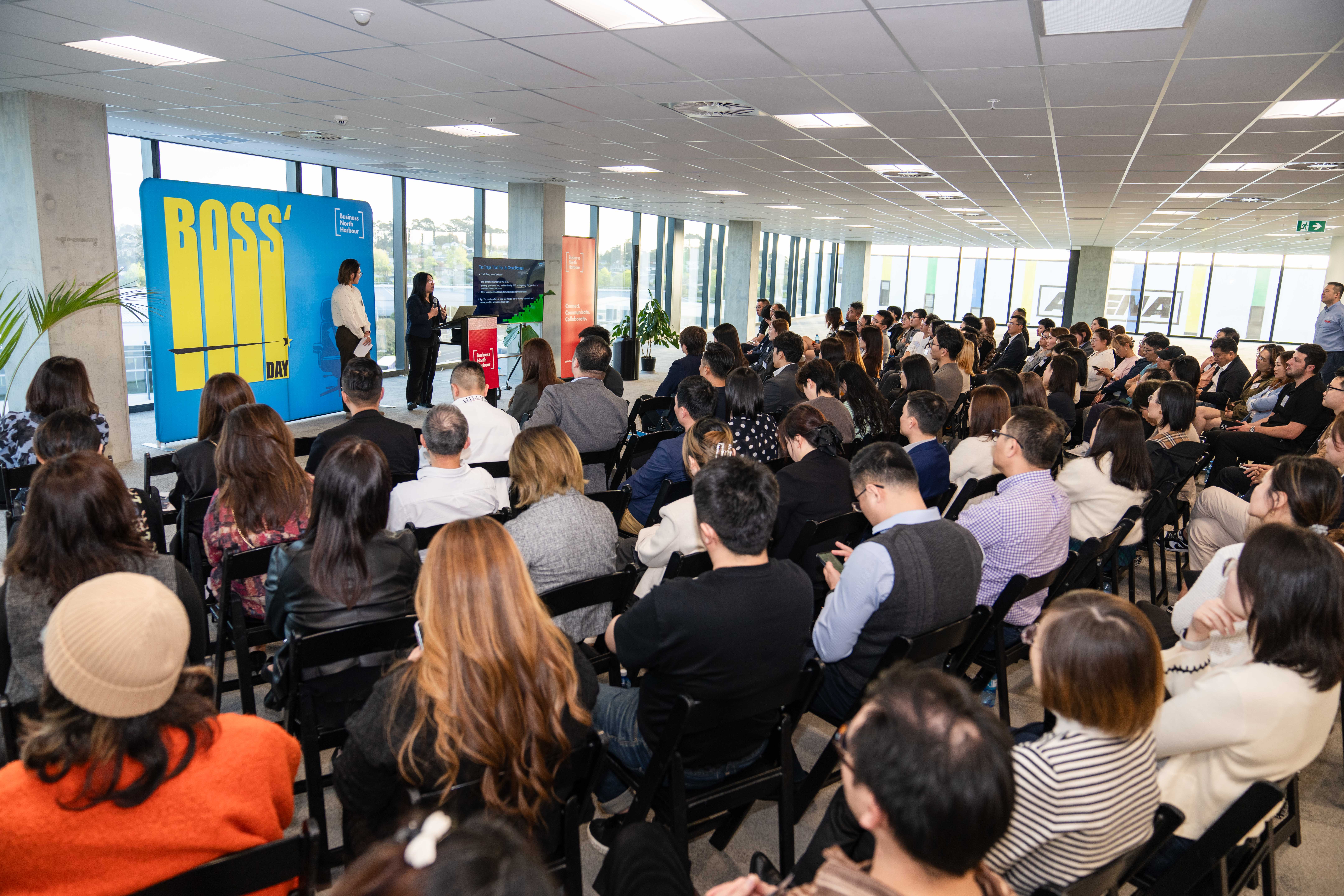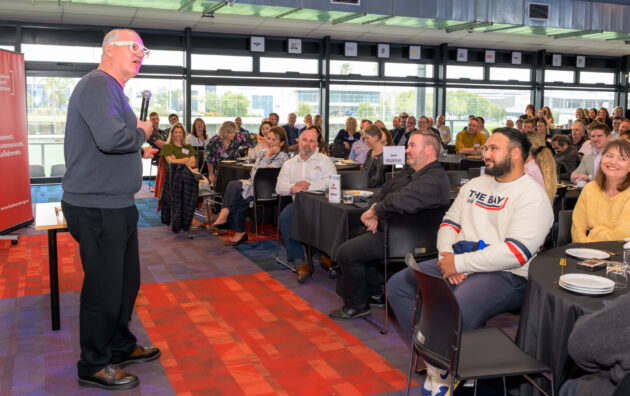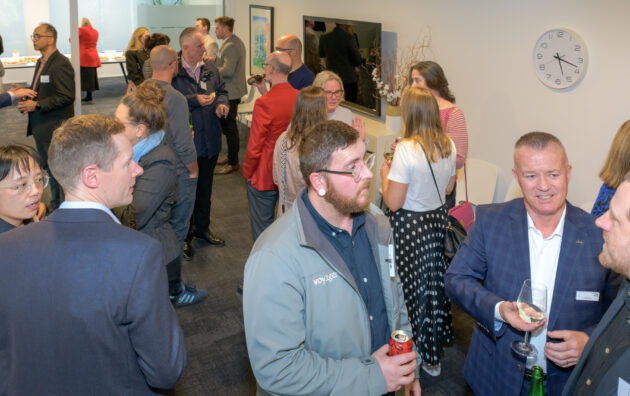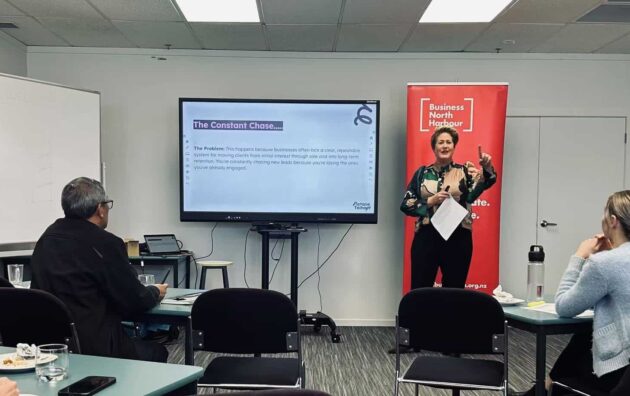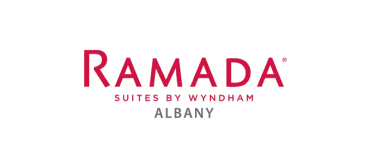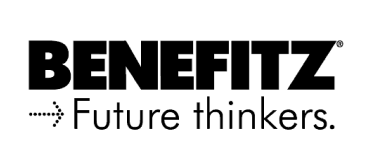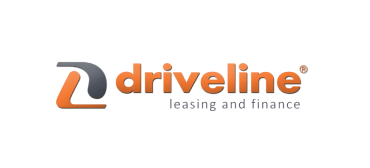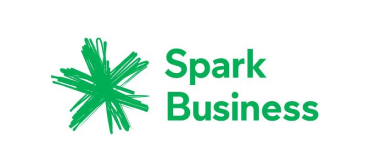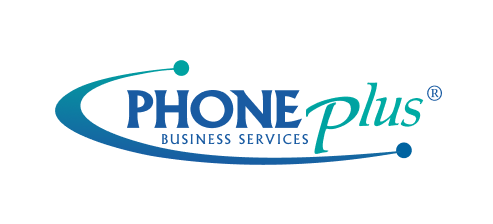Beyond the Stigma – Alcohol & Mental Health in the Workplace
26th September
Business Lunch
National Hockey Centre
Speakers:
Patrick Gower, Journalist and Author
Janet Thompson, Founder and CEO of The Retreat NZ
Liam Scopes, Senior Manager, Strategic Wellbeing, Air New Zealand
Panel discussion and Q+A:
Guest speakers joined by Lance Manins, CEO of Driveline, and Simon Zozak, Marketing & Communications Lead at Ember Korowai Takitini
“The people in our lives are our most valuable asset.” Business North Harbour (BNH) general manager Kevin O’Leary set the tone for this exceptional event from the outset. Today was all about “he tangata, he tangata, he tangata” – the people, the people, the people.
Kevin thanked guests for their interest in this crucial topic. By creating a safe and inclusive workplace, where people feel able to speak up and ask for help, collectively we can all help move the mental health needle in a positive direction.
Paddy Gower is an award-winning journalist, author, and mental health and addiction advocate who has shared deeply personal insights into his own struggles. Today was no exception. With humility and honesty, Paddy reflected on the role alcohol played in his professional and personal life for more than 30 years—from a couple of beers on New Year’s Eve when he was 15 to the moment when his mental health broke and he quit his job as TV3’s political editor.
The pivotal moment was when he decided to give up booze for one month, and, for the first time in 30 years, he woke up on January 1st without a hangover. He started searching online for questions like, “What happens when you don’t drink for a month?” The myths fell apart; he began to realise how much alcohol – and not anything else he’d been trying to blame – had been holding him back. Since being sober (for more than 1,000 days now), his drive and ambition have returned. He feels calmer; he’s more caring and empathetic.
Paddy is absolutely not advocating for a world without alcohol. However, addiction is a disease of the brain. Harm indexes show how much damage alcohol can cause.
“When New Zealand as a society chooses to change on something, we can. That’s what’s happened with mental health. We’ve taken it on as a society, we’ve learned how we’re going to handle it and talk about it, and now we talk about it all the time. We can do that with alcohol.”
Paddy then welcomed Janet Thompson, who began by explaining her own problem with alcohol: “One drink is too many. A thousand is not enough.” She is an alcoholic, but that’s just part of who she is. It doesn’t define her.
Like Paddy, Janet is not anti-alcohol; she recognises its important role in collegiality, fun, and celebrations. But, she says, we have to realise that certain people need help with their relationship with alcohol.
She says she “chickened out” of asking for help numerous times because of the guilt and shame she felt. And then she had a moment of clarity; life was passing her by.
Janet cited a poem by Saphire Rose, which she feels sums it up well:
She let go. Without a thought or a word, she let go.
She let go of the fear. She let go of the judgments.
She let go of all the ‘right’ reasons.
Wholly and completely, without hesitation or worry, she just let go.
No one was around when it happened. There was no applause or congratulations.
No one thanked her or praised her. No one noticed a thing.
There was no effort. There was no struggle.
It wasn’t good, and it wasn’t bad.
It was what it was, and it is just that.
In the space of letting go, she let it all be
One of The Retreat NZ’s goals is for addiction to be recognised as a health issue rather than a disciplinary matter, and for companies to embrace the concept of recovery-friendly workplaces.
There are sound economic reasons for doing so. For example, employees turning up to work hungover (or not turning up at all) cost New Zealand $1.65 billion per year, according to a study by the University of Otago. Researchers surveyed 800 employees and 227 employers from a range of industries. They looked at the cost of lost productivity through days off work (absenteeism), lost productive hours while at work (presenteeism), and hours spent by employers dealing with alcohol-related issues.
Janet gave an overview of what a recovery-friendly workplace might look like. It could begin with a policy statement from the business owner affirming that the organisation treats alcoholism and addiction (and mental health) as health-related issues – noting that they are not an excuse for bad behaviour or poor performance.
Staff who have a problem or may be developing a problem are encouraged to come forward at a stage where treatment of the problem would be possible and useful. “Reinforce that there is no shame or judgement in coming forward to ask for help.”
Resources and training would need to be provided to senior managers, and time dedicated to monitoring and evaluating support programmes.
But the benefits could be substantial.
By creating a recovery-friendly workplace, employers can:
- Improve employee retention and loyalty
- Foster a healthy and positive work culture
- Boost employee productivity, engagement, and job satisfaction
- Reduce turnover, absenteeism, and healthcare costs
- Increase ROI over time as employees maintain recovery and stay with the company
“Simply put, assisting your team members who are struggling with substance use means helping those with mental health and personal issues (e.g., relationships, family, finances, etc). In doing so, you help them become happier, more fulfilled, and more productive members of society. All of this has a ripple effect—on you, your other employees, overall business, and community!
Air New Zealand is committed to being a mentally healthy workplace, explained Liam Scopes, to reduce harm, optimise performance, be world-leading, and support staff attraction and retention. It’s also integral to the company’s HSWA and ISO45003 obligations. “The manaaki for our people.”
The mental health and wellbeing strategy is focused on me, we, and us, providing the appropriate tools, resources, and leadership at each level. This includes peer-to-peer support.
There’s a keen awareness of how psychosocial factors can impact employees, their performance, and wellbeing.
In a work environment, psychosocial hazards at work are aspects and situations that may cause a stress response, which in turn can lead to psychological or physical harm. These might stem from things like how tasks or jobs are designed or managed, the equipment required to undertake duties in physically hazardous environments, or workplace relationships and social interactions. Air NZ makes ongoing efforts to mitigate risk factors with protective factors.
Liam highlighted the importance of helping each employee realise the benefits of their good work for them, their colleagues, and the business overall. Having meaningful work that you’re passionate about gives you purpose, which is, in turn, good for your mental health.
During the panel discussion, Lance and Simon shared their lived experiences before hearing attendees’ questions and comments. These primarily focused on how New Zealand businesses can help to make it more acceptable to talk about and proactively deal with alcoholism.
As Kevin O’Leary agreed during his closing remarks, it begins with events like these and with business owners who genuinely want to make a difference.
To find out more about recovery-friendly workplaces, contact Janet Thompson on 0800 276 237 or info@theretreatnz.org.nz

